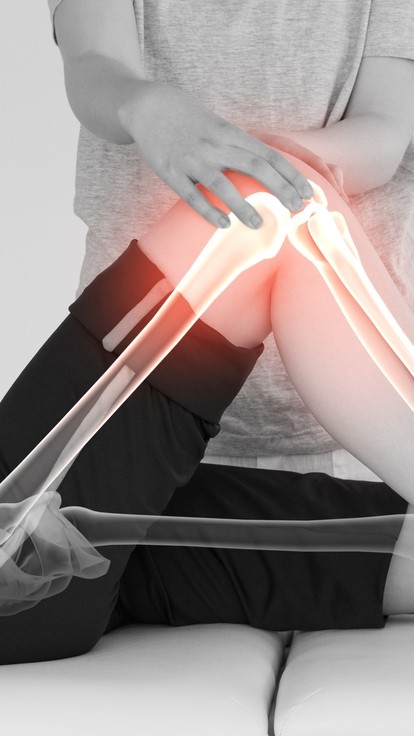Chronic Pain Personal Injury Claims - Case Handling Tips for Defendants

Details
Personal injury practitioners will be increasingly familiar with claims involving injured persons claiming enhanced damages for chronic pain disorders following their accident/injury. Chronic pain is typically defined as persistent or recurrent pain that lasts for more than three months. According to a report by the charity Versus Arthritis, it is estimated that around 15.5 million people in England (34% of the population) suffer from chronic pain, with around 5.5 million of those people having high-impact chronic pain which affects their ability to partake in daily activities. There are numerous different chronic pain disorders, with chronic pain syndrome (CPS) and complex regional pain syndrome (CRPS) being two of the more common disorders cropping up in recent personal injury claims.
Chronic pain claims are often met with some scepticism and frustration by Defendant personal injury solicitors and insurers. The difficulty with assessing chronic pain claims is that the pain symptoms are subjective, and the cause of the symptoms is often unclear with no obvious organic basis. In addition, chronic pain conditions can be difficult to diagnose and treat, and many remain poorly understood to date, which makes assessing and quantifying damages more challenging. Chronic pain conditions also often result in claimants suffering from psychological symptoms such as depression, resulting in Defendants facing the prospect of bearing the additional costs of both pain management expert evidence and psychiatric expert evidence, as well as, if the claim succeeds, paying enhanced chronic pain and psychological damages. Alternatively, if an orthopaedic expert cannot explain a claimant’s ongoing pain symptoms from an orthopaedic perspective, they will often recommend the instruction of pain and/or psychiatric experts, which again drives up costs and adds further complexity to matters.
A seemingly straightforward personal injury involving a claimant suffering a short-term physical injury can therefore spiral into a significant damages and costs’ claim if a claimant subsequently develops chronic pain with long-term consequences.
It is therefore easy for Defendants to form the view that a claimant complaining of a chronic pain disorder is exaggerating or, at worst, fabricating their pain symptoms in order to enhance their damages’ recovery. While it is of course natural, and quite proper, for Defendants to reasonably challenge and scrutinise a claim for chronic pain, it is equally important that Defendants do not simply seek to dismiss a chronic pain claim outright, as chronic pain can be a real and significant condition. Rather, it is recommended that Defendants adopt a forensic approach to dealing with such claims - examining whether there is a physical injury followed by an unbroken chain of pain symptomology, examining the medical, DWP and other relevant records in detail, identifying any psychological factors, and exploring whether there is a realistic, alternative, cause for the claimants’ pain symptoms.
If the size of the claim warrants such an approach, a Defendant should also seek to commission their own expert evidence from a well-established pain management expert to opine on the extent and nature of the claimants’ chronic pain symptoms and whether they are indeed suffering from a classified chronic pain disorder. An orthopaedic expert may well refer to a claimant as suffering from ‘chronic pain’, but this is not a chronic pain disorder diagnosis in itself - rather a descriptive term used by many orthopaedic experts to describe ongoing pain symptoms which they cannot explain. In such circumstances, if the claimant is seeking enhanced damages for chronic pain, the matter should be referred to a pain management expert to determine whether the claimant is suffering from a recognised pain disorder. It is also important to emphasise that CRPS, one of the most common chronic pain disorders seen in personal injury cases, is not diagnosed based solely on the claimant’s subjective account of their pain. CRPS should only be diagnosed if an expert observes specific objective signs and symptoms on examination of the complainant, which match those set out on the ‘Budapest Criteria’ (a set of guidelines adopted by the International Association for the Study of Pain). Defendants should therefore be wary of a claimant pain management expert who wholly accepts a claimant’s pain narrative and diagnoses CRPS without proper objective observation of the relevant criteria.
Our team at Hill Dickinson LLP has a wealth of experience in dealing with and defending claims for chronic pain, and are able to recommend suitable pain management experts where appropriate and advise on best practices for dealing with these complex cases to minimise as far as possible Defendants’ exposure to enhanced damages awards.






